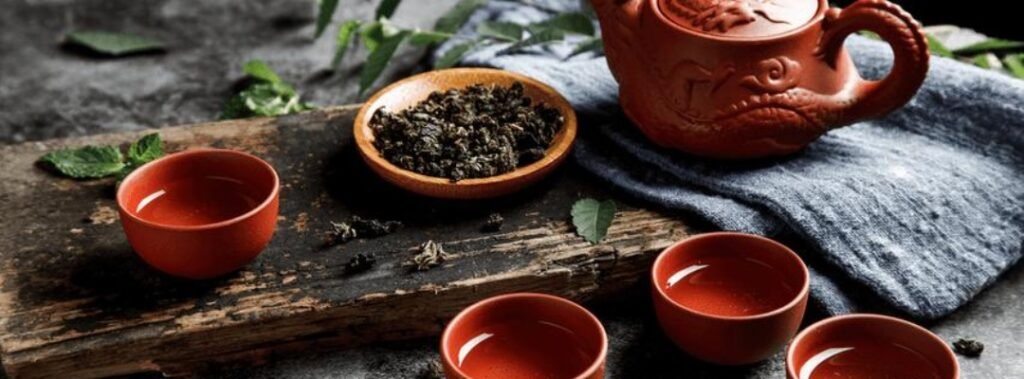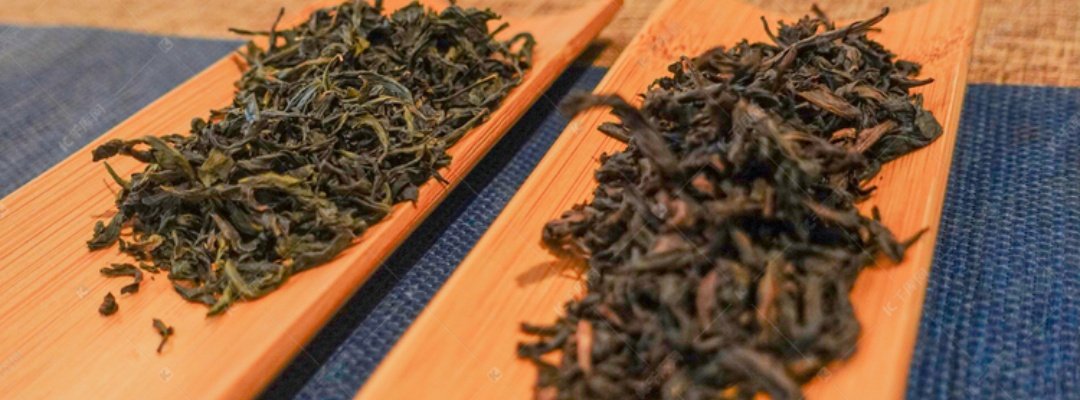In the vast world of teas, each variety holds its unique charm and array of health benefits. Among these, oolong tea, with its distinctive fermentation process and nuanced flavor profile, emerges as a beacon of wellness. Particularly, its impact on liver health has garnered attention from health enthusiasts and researchers alike. Let’s dive into the ways oolong tea can be a liver-friendly addition to your daily routine.
What is Oolong Tea?
Oolong tea, a traditional Chinese tea, finds its place between green and black tea in the spectrum of oxidation. This semi-fermented tea undergoes a unique process that endows it with a complex flavor and a host of beneficial compounds. Its cultivation and processing in various regions, notably the Fujian and Guangdong provinces of China, as well as Taiwan, contribute to its diverse flavor profiles, ranging from sweet and floral to rich and woody.
Liver Health: Why It Matters
The liver, our body’s detoxifying powerhouse, is crucial for metabolizing nutrients, filtering toxins, and supporting overall health. Modern lifestyles, however, burden the liver with processed foods, alcohol, and environmental toxins, necessitating a conscious effort to support liver function. Herein lies the significance of incorporating liver-friendly foods and beverages, such as oolong tea, into our diets.

The Liver-Loving Benefits of Oolong Tea
1. Antioxidant Protection
Oolong tea is rich in antioxidants, particularly catechins and theaflavins, which protect the liver from oxidative stress and inflammation. These antioxidants neutralize harmful free radicals, thereby reducing the risk of liver diseases and enhancing liver function.
2. Aid in Fat Metabolism
Studies suggest that oolong tea can enhance lipid metabolism, which is beneficial for managing conditions like fatty liver disease. Its active compounds help in reducing the accumulation of fat in the liver, promoting liver health, and preventing liver-related diseases.
3.Detoxification Support
Oolong tea supports the liver’s detoxification pathways, aiding in the efficient removal of toxins from the body. This, in turn, eases the liver’s workload, ensuring its optimal function and longevity.
4. Improved Insulin Sensitivity
Oolong tea has been shown to improve insulin sensitivity, a factor closely linked to liver health. By maintaining healthy blood sugar levels, it indirectly supports liver function and reduces the risk of developing non-alcoholic fatty liver disease, a condition associated with insulin resistance.
5. Anti-inflammatory Properties
The anti-inflammatory effects of oolong tea contribute to its liver-protective benefits. Chronic inflammation is a root cause of many liver diseases, and by mitigating this inflammation, oolong tea helps in maintaining liver health and preventing disease.
Incorporating Oolong Tea into Your Diet
To reap the liver health benefits of oolong tea, consider integrating it into your daily routine. Here are some tips:
- Quality Matters: Opt for high-quality, loose-leaf oolong tea to ensure you’re getting the most beneficial compounds.
- Brewing Technique: Steep oolong tea in hot water (not boiling) for 1 to 5 minutes, depending on your taste preference. This allows for the optimal release of its healthy compounds.
Consistency is Key: Regular consumption is important for sustained benefits. Aim for 1-3 cups per day, but listen to your body and adjust according to your caffeine tolerance.
A Word of Caution
While oolong tea is generally safe for most people, those with certain health conditions or caffeine sensitivity should exercise caution. It’s always best to consult with a healthcare provider before making significant changes to your diet, especially if you have existing health concerns.

Oolong tea stands out not just for its unique flavor, but also for its compelling health benefits, especially concerning liver health. By incorporating this aromatic brew into your daily routine, you’re not just indulging in a moment of tranquility, but also taking a proactive step towards supporting your liver’s well-being. So, next time you reach for a cup of tea, consider making it oolong – your liver may thank you for it.
